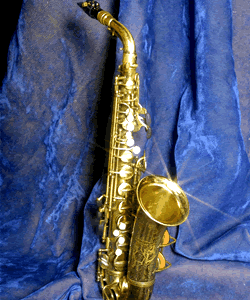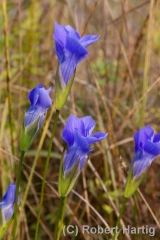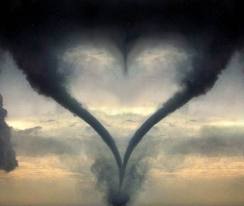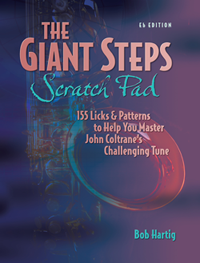- If you vote for Clinton/Trump (pick one), you’re not a Christian and you’re not my brother or sister. You’re my enemy.
- Not voting is actually a vote for the other candidate.* Therefore you’re my enemy.
- Voting for a third party or a write-in is a wasted vote. It’s pretty much the same thing as option two, so once again, you’re my enemy.
“You have heard that it was said, ‘Love your neighbor and hate your enemy.’ But I tell you, love your enemies and pray for those who persecute you, that you may be children of your Father in heaven. He causes his sun to rise on the evil and the good, and sends rain on the righteous and the unrighteous. If you love those who love you, what reward will you get? Are not even the tax collectors doing that? And if you greet only your own people, what are you doing more than others? Do not even pagans do that? Be perfect, therefore, as your heavenly Father is perfect.” (Matt. 5:43-48 NIV)
Anyone who claims to be in the light but hates a brother or sister is still in the darkness. Anyone who loves their brother and sister lives in the light, and there is nothing in them to make them stumble. But anyone who hates a brother or sister is in the darkness and walks around in the darkness. They do not know where they are going, because the darkness has blinded them. (1 John 2:9-11)
 Over thirty years have passed from the days of God’s Family Band until today. Dad’s horn has been a constant companion in that journey, though I have not always been constant with it. There were times when I set it aside for a season, and other times when I thought how much simpler life could be if I put it behind me forever. Yet every time I have set down the saxophone, I have returned to it. I have kept at it–because I must. It is more than a passion; it is a calling, integral to the way God has designed me.
Over thirty years have passed from the days of God’s Family Band until today. Dad’s horn has been a constant companion in that journey, though I have not always been constant with it. There were times when I set it aside for a season, and other times when I thought how much simpler life could be if I put it behind me forever. Yet every time I have set down the saxophone, I have returned to it. I have kept at it–because I must. It is more than a passion; it is a calling, integral to the way God has designed me.





